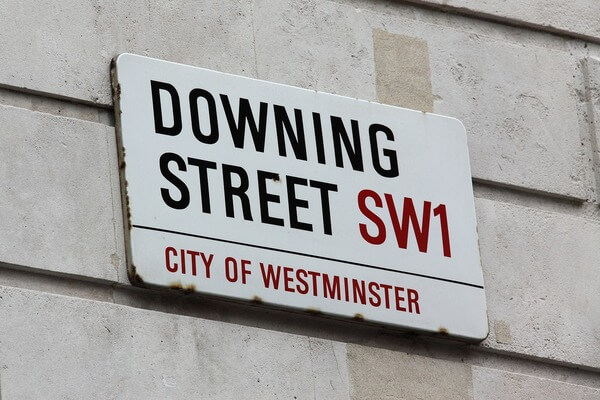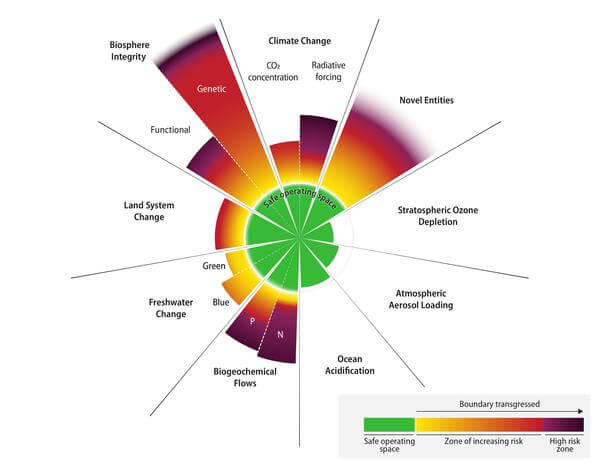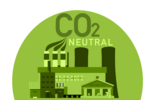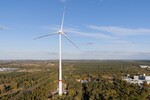News Release from windfair.net
Wind Industry Profile of
International Energy Agency does not want to write off 1.5°C target yet
The IEA's new roadmap charts a global path to keeping the 1.5°C target still within reach. The updated edition of a 2021 report takes into account significant changes in the energy landscape over the past two years, including the post-pandemic economic recovery and the extraordinary growth of some clean energy technologies. But it also takes into account negative factors such as renewed increases in fossil fuel investment and stubbornly high emissions, according to the IEA.
“Keeping alive the goal of limiting global warming to 1.5 °C requires the world to come together quickly. The good news is we know what we need to do – and how to do it. Our 2023 Net Zero Roadmap, based on the latest data and analysis, shows a path forward,” said IEA Executive Director Fatih Birol. “But we also have a very clear message: Strong international cooperation is crucial to success. Governments need to separate climate from geopolitics, given the scale of the challenge at hand.”
Part of the reason the IEA is still so optimistic is the record growth in solar capacity and electric car sales since 2021, with both technologies alone providing one-third of the emissions reductions between now and 2030 under the IEA's approach. The record expansion is simultaneously driving down costs and advancing new, more efficient technologies, whereas the original 2021 roadmap focused on technologies that weren't even on the market at the time.
Most importantly, the report also highlights the importance of greater international cooperation and warns that insufficient increases in ambition and implementation will create additional climate risks by 2030. "The pathway to 1.5 °C has narrowed in the past two years, but clean energy technologies are keeping it open. With international momentum building behind key global targets such as tripling renewable capacity and doubling energy efficiency by 2030, which would together lead to a stronger decline in fossil fuel demand this decade, the COP28 climate summit in Dubai is a vital opportunity to commit to stronger ambition and implementation in the remaining years of this critical decade,” said Fatih Birol.

The latest signals from 10 Downing Street, the official residence of the British Prime Minister, do not inspire much confidence (Image: Pixabay).
In view of the developments of recent weeks and months, however, the IEA has to face the question of how realistic this estimation still is. For example, British Prime Minister Rishi Sunak has announced a U-turn on the government's climate commitments. Accordingly, the UK will postpone the ban on the sale of diesel and gasoline vehicles and the targets for ending the installation of gas boilers from 2030 to 2035. Sunak, according to the Guardian, while stressing that he was "absolutely unequivocal" about the commitment to achieve net zero carbon emissions by 2050, wanted to take a "more pragmatic, proportionate and realistic approach”.
Climate scientists and environmental experts reacted appalled to this move. For example, RenewableUK CEO Dan McGrail said, "If Mr Sunak is really serious about taking bold measures to save money for consumers, he should end our dependence on expensive gas as fast as possible, as the volatility of international gas markets caused the cost of living crisis. The fact is that the speeding up the transition to a green economy is the only way to protect billpayers from price shocks."
But a look at the research doesn't offer cause for excessive optimism, either. For example, an international research team recently quantified all nine planetary stress boundaries that together define a safe space for humanity to act. And our planet's resilience is waning. Global warming, biosphere, deforestation, pollutants/plastics, nitrogen cycles, and freshwater: six out of nine of the planetary boundaries have already been exceeded, while at the same time the pressure of global processes on these boundaries continues to increase.

Six of nine planetary boundaries are currently transgressed. The length of the wedges symbolizes what the current state of the corresponding process is, in relation to the distance from the planetary boundary (end of the green area) and the Holocene baseline (origin of the diagram). The color symbolizes the risks associated with each. For example, a wedge may be very long because the current state is already very far from the planetary boundary and the Holocene. But it may still not be purple, because that is not yet associated with very high risks in this particular case. In other cases already a "small" overshoot (short wedge) results in a big risk: Then the color further inside already changes to purple. (Image: Richardson et al., Science Advances, 2023 (CC BY-NC 4.0) via PIK)
"This update on planetary boundaries clearly depicts a patient that is unwell, as pressure on the planet increases and vital boundaries are being transgressed. We don’t know how long we can keep breaching these key boundaries before combined pressures lead to irreversible change and harm," said co-author Johan Rockström, Director of the Potsdam Institute for Climate Impact Research (PIK). "Science and the world at large are really concerned about the rising signs of dwindling planetary resilience, manifested by the transgression of planetary boundaries, which brings us closer to tipping points, and closes the window to have any chance of holding the 1.5°C planetary climate boundary".
So despite all the IEA's optimism, it remains a race against time.
- Author:
- Katrin Radtke
- Email:
- press@windfair.net
- Keywords:
- IEA, UK, climate catastrophe, target, degree, clean technology, global, oprtimism, roadmap, path, data, growth, PIK, report, planetary boundaries
























